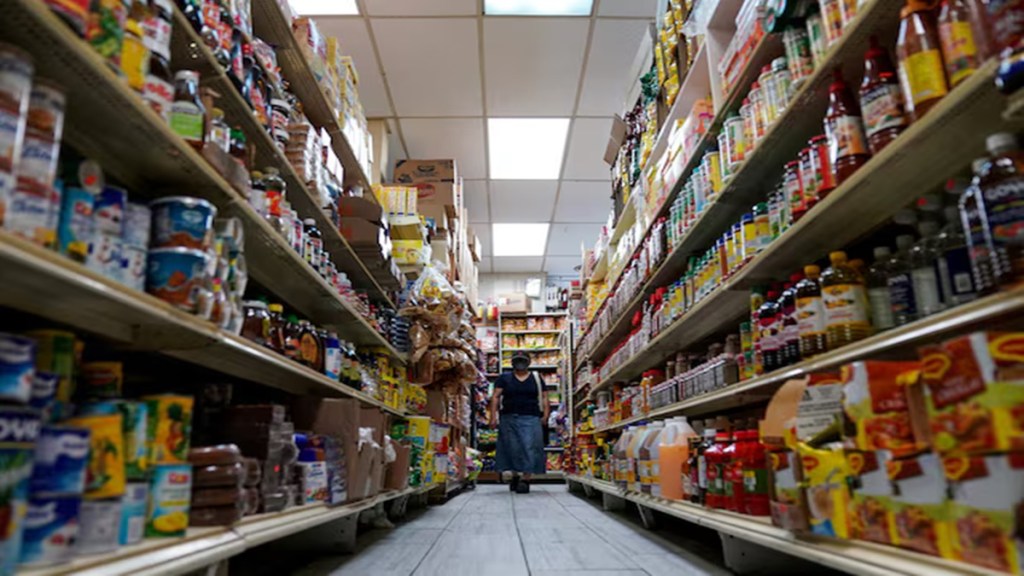Shares of fast-moving consumer goods (FMCG) companies, part of the BSE FMCG Index, fell to a nearly two-year low, as demand and inflation concerns weigh on the sector. Data from the stock exchange showed that the FMCG Index closed at 18,317.32 on Tuesday, the lowest since June 12, 2023, when it was at 18,180.22.
The BSE Sensex, in contrast, has risen 16.36% in the same period. On Tuesday, the benchmark touched 72,989.93, down 0.13% versus the previous day’s close.
While some analysts argue that the weakness in the FMCG Index is reflective of the broader weakness in the overall market, some find the fall surprising since the FMCG sector is considered defensive in nature.
“There is a valuation correction that is happening as earnings have been weak over the last few quarters in FMCG. Investors seem to prefer pharma as a defensive sector at this point,” says Sachin Bobade, director, research at Mumbai-based brokerage Dolat Capital. In the last two years, for instance, the BSE Healthcare Index has given a return of 77% versus the BSE FMCG Index’s 11.44%. The BSE Sensex, meanwhile, has given a return of 21.20%.
Some experts say that investors are back to monitoring FMCG demand trends and margin pressures closely, as inflation and real wage concerns grow. FMCG CEOs have pointed to these issues in their results commentary, saying that these factors will have to be monitored closely.
“We may see FMCG stocks inching up in the first quarter of FY26, when consumer spending may rise on the back of the fiscal stimulus provided in the Budget,” G Chokkalingam, founder of Mumbai-based Equinomics Research, said.
Year-to-date, the FMCG Index has fallen nearly 12%, while the BSE Healthcare Index has fallen nearly 15%. In the last one month, the decline for the BSE Healthcare Index has been slower at 9.35% versus the 12% fall seen by the FMCG Index.
While demand in urban areas has been muted, rural areas have seen a sharp revival, market researcher NielsenIQ said. Rural volume growth has outpaced urban volume growth by two times in the December quarter, NielsenIQ data showed, with the trend likely to get stronger in the coming quarters.
“The Budget enhancement of minimum taxable income from Rs 7 lakh to Rs 12 lakh is a welcome step. The relief will go towards enhanced saving or paring debt. Some portion may go towards consumer spending,” Suresh Narayanan, chairman and MD, Nestle India, said.
“Inflation is a real concern for the middle class and something that will have to be monitored closely, even as the finance minister has put more money in the hands of consumers,” Mohit Malhotra, chief executive officer (CEO), Dabur India, said.
Analysts have said that FMCG companies will need to focus on more cost-saving measures to counter inflation and may need to put more feet on the ground in rural areas to capitalise on growing demand in the hinterland.
Companies are also sharpening their focus on channels such as quick commerce that have grown sharply in the last few quarters amid the overall urban slowdown. Companies now derive over a third of their online or e-commerce sales from quick commerce, with the trend expected to grow as urban consumers seek instant gratification and convenience.

